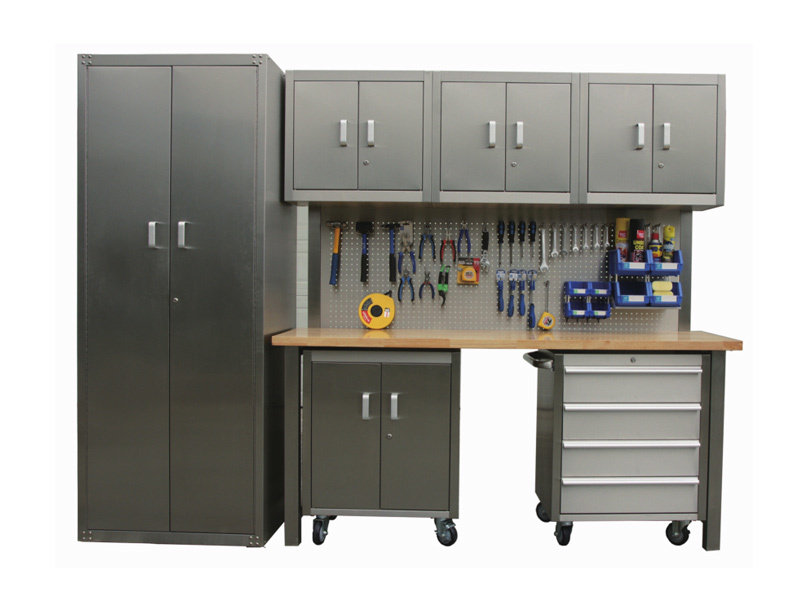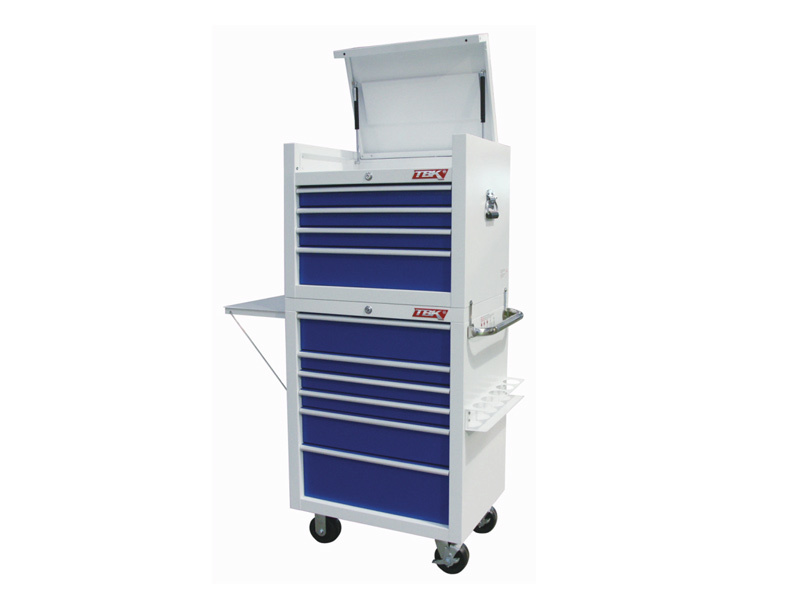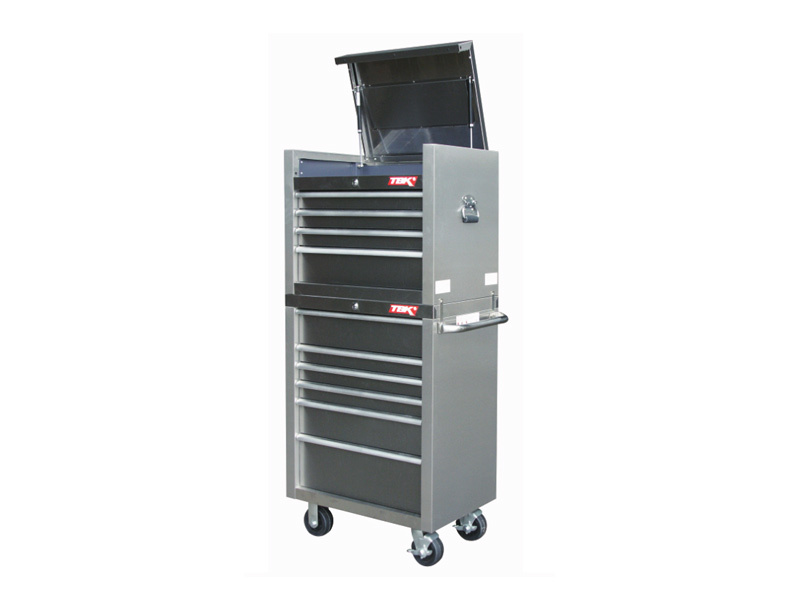Why Every Machinist Needs a Tool Table for Efficiency
Release time:
May 13,2025
Why Every Machinist Needs a Tool Table for Efficiency Machining is an intricate process that requires precision, focus, and organization. As every machinist knows, the tools of the trade must be within reach and properly arranged to ensure seamless workflow and efficiency. One of the most crucial elements that contribute to this efficiency is a well-designed **tool table**. In this article, we wi

Why Every Machinist Needs a Tool Table for Efficiency
Machining is an intricate process that requires precision, focus, and organization. As every machinist knows, the tools of the trade must be within reach and properly arranged to ensure seamless workflow and efficiency. One of the most crucial elements that contribute to this efficiency is a well-designed **tool table**.
In this article, we will delve into why every machinist needs a tool table, explore the types of tool tables available, and highlight how they can significantly boost productivity in the workshop.
The Importance of a Tool Table in Machining
A tool table is more than just a piece of furniture; it's a vital component of a machinist's workspace. The advantages of having a dedicated tool table are numerous. Here are some of the key reasons why it is essential:
1. Enhanced Organization
A tool table provides a designated space for all your tools, reducing clutter and making it easier to locate what you need quickly. This organization minimizes distractions and allows machinists to focus on the task at hand.
2. Improved Efficiency
When tools are organized and readily accessible, machinists can work more efficiently. A tool table allows for easy reach and optimal placement of tools, which speeds up the machining process and enhances productivity.
3. Precision in Workflow
Having a well-arranged tool table helps in maintaining precision. When tools and materials are strategically positioned, it reduces the risk of errors and increases the accuracy of machining tasks.
4. Safety Considerations
A cluttered workspace can lead to accidents. A tool table promotes safety by keeping tools off the floor and away from dangerous machinery, ensuring that the workspace remains hazard-free.
Key Features of an Efficient Tool Table
To maximize the benefits of a tool table, it is important to consider its features. Below are some essential features that should be present in an efficient tool table:
1. Sturdy Construction
A tool table must be built to withstand the rigors of a machining environment. Heavy-duty materials such as steel or reinforced wood are ideal, ensuring durability and longevity.
2. Adjustable Height
An adjustable height feature allows machinists to customize the table to their comfort level, reducing strain and improving ergonomics during long working hours.
3. Ample Storage Options
A tool table should have sufficient storage space, including drawers, shelves, and compartments, to accommodate various tools and accessories. This feature helps maintain an organized workspace.
4. Mobility
Consider a tool table with wheels or casters, allowing for easy movement within the workshop. This mobility can be advantageous when working on different machines or processes.
5. Integrated Power Sources
Modern tool tables often come with integrated power strips or outlets. This feature ensures that essential tools and equipment can be powered conveniently at the workstation.
Types of Tool Tables for Machinists
Different types of tool tables cater to various needs and preferences. Here are some popular options:
1. Fixed Tool Tables
Fixed tool tables are stationary work surfaces that are typically designed for heavy-duty use. They offer stability and are suitable for machinists who require a dedicated workspace for extensive machinery.
2. Mobile Tool Carts
Mobile tool carts are versatile and can be easily moved from one location to another. They often come equipped with multiple drawers and shelves, making them ideal for machinists who work in different areas of the workshop.
3. Workbenches with Tool Storage
Workbenches with built-in tool storage combine the functionality of a work surface with the convenience of organized tool storage. They are perfect for machining tasks that require both assembly and tool access.
4. Custom Tool Tables
For those with specific needs, custom tool tables can be designed to meet individual requirements. These tables can incorporate unique features, dimensions, and storage solutions tailored to the machinist's workflow.
How to Maximize Efficiency with Your Tool Table
Simply having a tool table is not enough; it's essential to use it effectively. Here are some tips on how to maximize efficiency with your tool table:
1. Organize Tools by Frequency of Use
Place frequently used tools within easy reach, while less commonly used tools can be stored further away. This arrangement minimizes the time spent searching for tools during machining tasks.
2. Maintain Cleanliness
Regularly clean and declutter your tool table. A tidy workspace not only promotes safety but also enhances efficiency by making it easier to find tools and materials.
3. Label Storage Areas
Consider labeling drawers and storage compartments to quickly identify where specific tools are stored. This small step can save valuable time during busy workdays.
4. Utilize Vertical Space
Maximize the use of vertical space by incorporating shelving or pegboards. This approach keeps tools organized and easily accessible while freeing up surface space on the table.
Common Challenges Faced by Machinists Without a Tool Table
Working without a dedicated tool table can lead to several challenges that can affect efficiency:
1. Increased Time Wasted
Searching for tools scattered around the workspace can significantly increase the time taken to complete tasks. This inefficiency can lead to project delays and missed deadlines.
2. Greater Risk of Accidents
Without a designated space for tools, the risk of accidents increases. Tools left on the floor or misplaced can lead to falls or injuries, making safety a serious concern.
3. Decreased Productivity
Disorganization can lead to frustration and decreased productivity. A machinist may find themselves spending more time managing their workspace than actually machining.
Choosing the Right Tool Table for Your Needs
Selecting the right tool table is crucial to enhancing efficiency in your machining processes. Here are some factors to consider:
1. Assess Your Workspace
Evaluate the size and layout of your workshop. A large space may accommodate a fixed tool table, while a smaller area might require a mobile cart.
2. Consider Your Tools
Take stock of the tools you use most frequently. Ensure that your chosen tool table has adequate storage and organization options for those tools.
3. Evaluate Your Budget
Tool tables come in a wide range of prices. Determine your budget and look for a table that meets your needs without compromising on quality.
4. Read Reviews
Before making a purchase, read reviews and seek recommendations from fellow machinists. Their experiences can provide valuable insights into the best tool tables available.
FAQs About Tool Tables for Machinists
1. What is the main purpose of a tool table?
A tool table serves as a dedicated workspace for organizing and storing tools, enhancing efficiency and productivity in machining.
2. How does a tool table improve safety in the workshop?
By reducing clutter and providing a designated space for tools, a tool table minimizes the risk of accidents and hazards in the machining environment.
3. Can I build my own tool table?
Yes, many machinists choose to build custom tool tables to suit their specific needs. There are plenty of resources available with designs and plans.
4. What materials are best for a tool table?
Durable materials such as heavy-duty steel or reinforced wood are ideal for tool tables, ensuring they can withstand the demands of a machining environment.
5. How can I keep my tool table organized?
Regular cleaning, labeling storage areas, and arranging tools by frequency of use can help maintain organization on your tool table.
Conclusion
In conclusion, a **tool table** is an indispensable asset for every machinist seeking to enhance efficiency and productivity in their workspace. By providing a structured and organized environment for tools, a tool table enables machinists to focus on their craft without unnecessary distractions. From improved safety and organization to customization options, investing in a high-quality tool table is a decision that will pay dividends in both time and effort. Embrace the benefits of a tool table, and watch your machining efficiency soar.
More information




